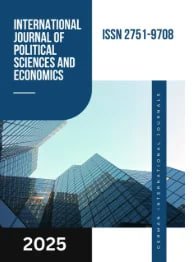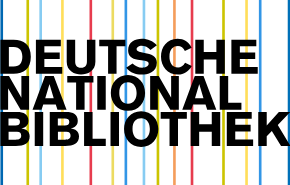UZBEKISTAN'S YELLOW ROAD TO PROSPERITY: REDUCING POVERTY
DOI:
https://doi.org/10.55640/Keywords:
Uzbekistan, poverty, poverty reduction, economic reforms, social protection, employment, welfare, public policy.Abstract
This article analyzes the large-scale reforms being implemented in the Republic of Uzbekistan to reduce poverty. The country has significantly reduced poverty levels by strengthening the social protection system, creating new jobs, supporting entrepreneurship, and focusing on education and healthcare. According to official statistics, poverty has decreased from 17 percent in 2021 to 11 percent in 2023, and it is planned to reduce this indicator to 7-8 percent by 2026. International organizations such as the World Bank, the UNDP, and the Asian Development Bank highly evaluate Uzbekistan's anti-poverty policy. The article summarizes the positive results of the policy and its role in the country's development.
References
1.https://hukumat.uz/oz/activity_page/social_protection Ijtimoiy himoya va Bandlik.
2.https://hukumat.uz/oz/activity_page/social_protection Tadbirkorlar: iqtisodiyot tayanchi, islohotlar lokomotivi, o'sish nuqtasi ...
3.Mirziyoyev Sh.M. Yangi O‘zbekiston taraqqiyot strategiyasi. – Toshkent: O‘zbekiston, 2022.
4.Yangi O‘zbekistonM. Mirziyoyev Sh.. – Toshkent:
5.O‘zbekiston Respublikasi Prezidenti qarorlari va farmonlari (2017–2025 yillar) – Qashshoqlikni kamaytirish, ijtimoiy himoya, bandlik va iqtisodiy islohotlarga oid hujjatlar.
Downloads
Published
Issue
Section
License

This work is licensed under a Creative Commons Attribution 4.0 International License.
Authors retain the copyright of their manuscripts, and all Open Access articles are disseminated under the terms of the Creative Commons Attribution License 4.0 (CC-BY), which licenses unrestricted use, distribution, and reproduction in any medium, provided that the original work is appropriately cited. The use of general descriptive names, trade names, trademarks, and so forth in this publication, even if not specifically identified, does not imply that these names are not protected by the relevant laws and regulations.







